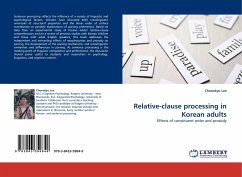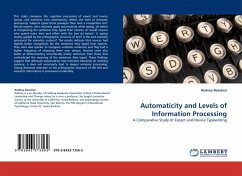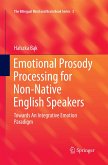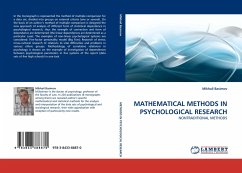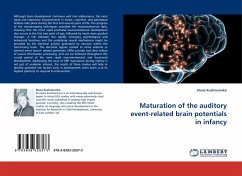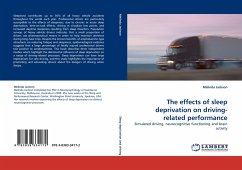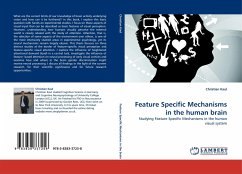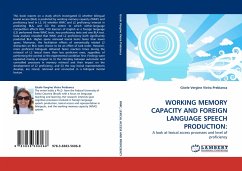Sentence processing reflects the influence of a variety of linguistic and psychological factors. Scholars have discussed both crosslinguistic universals of structural properties and the linear order of surface constituents as possible explanations of parsing preferences. Based on data from an experimental study of Korean adults' relative-clause comprehension and on a review of previous studies with Korean children and those with adult English speakers, this book addresses the independent and interacting effects of morphosyntax and prosody on parsing, the development of the parsing mechanism, and crosslinguistic similarities and differences in parsing. As sentence processing is the meeting point of linguistic competence and performance, the discussion should prove useful to students and researchers in psychology, linguistics, and cognitive science.
Bitte wählen Sie Ihr Anliegen aus.
Rechnungen
Retourenschein anfordern
Bestellstatus
Storno

